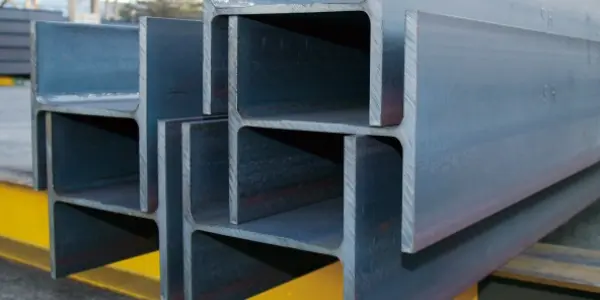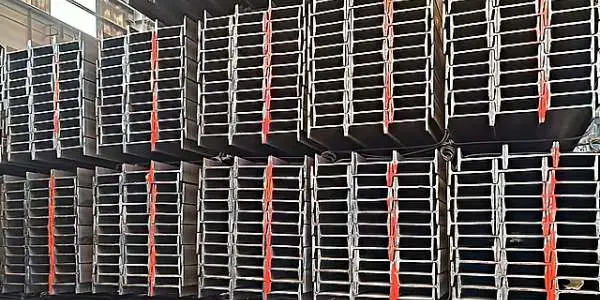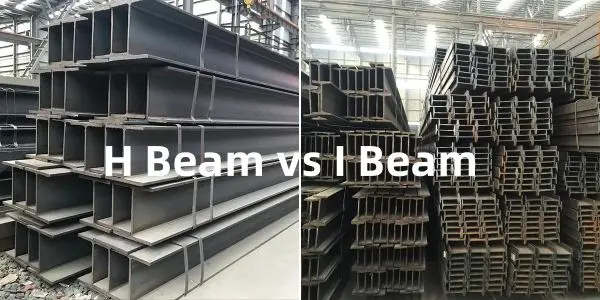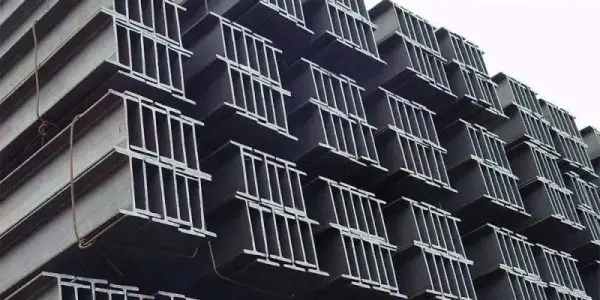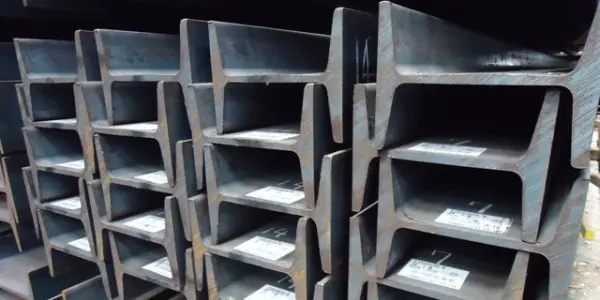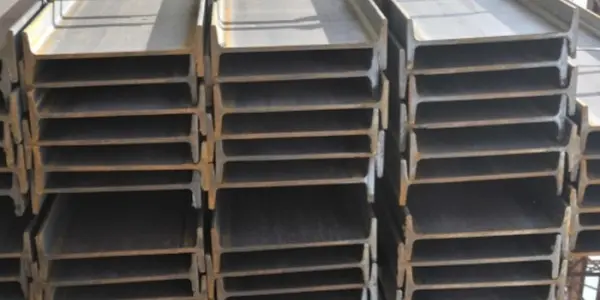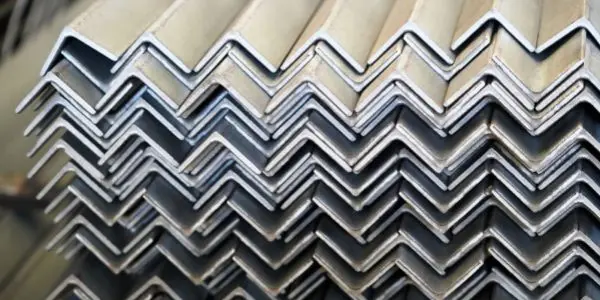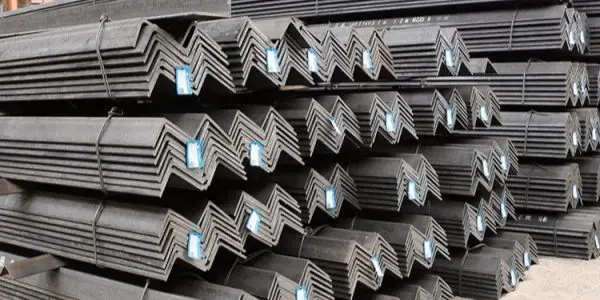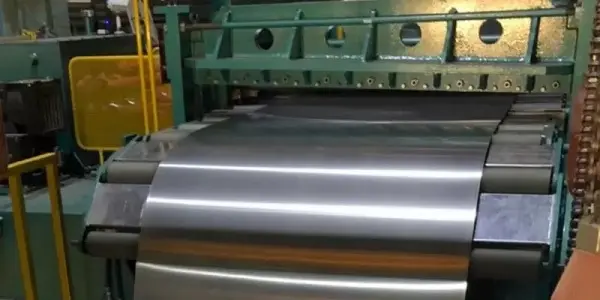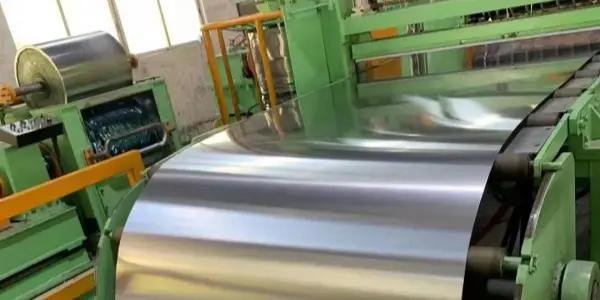-
What are the features of H section steel?
H section steel, also known as H-beam, is a widely used structural material in modern construction and industrial fields. Thanks to its scientifically optimized cross-sectional design and excellent mechanical performance, H section steel offers significant advantages in strength, efficiency, and versatility. It has become a key component in high-rise buildings, bridges, industrial plants, and various large-scale structures. Below are the main features that make H section steel an outstanding choice for a wide range of applications.
Read More
-
H section steel specifications
H section steel is an economical structural profile featuring an optimized cross-sectional area and a favorable strength-to-weight ratio. It derives its name from the "H"-shaped cross-section. The inner sides of the flanges (the two horizontal parts of the "H") are straight and without taper, which simplifies welding and assembly processes, improves construction quality, and enhances structural safety.
Read More
-
Comparison of H-beam and I-beam
When it comes to structural steel design in construction, understanding the differences between H-beams and I-beams is essential. While these two types of beams are often used in similar applications, they differ significantly in shape, strength, and functionality. The most critical factor in choosing between them is whether the beam will be required to carry substantial loads.
Read More
-
Key benefits and common applications of H-beam steel in construction
H-beam steel, also known as H beams or H sections, is a fundamental structural element widely used across the construction industry. Its popularity among architects and builders stems from its exceptional bending resistance, straightforward installation, cost-efficiency, and relatively lightweight profile. These characteristics make it an ideal choice for a wide range of structural frameworks. This article will briefly introduce key benefits and common applications of H-beam steel in construction.
Read More
-
H-section steel standards
H-section steel currently encompasses a broad range of sizes such as H100, H125, H150, H200, H250, H300, H350, H400, and more. These sizes are widely applied across industrial, infrastructural, and construction projects due to their structural reliability. Most H-beam products are manufactured in accordance with international standards, ensuring consistent quality and performance.
Read More
-
Standard sizes for h-section steel
H-section steel, also known as H-beam, is a type of structural steel with a cross-section shaped like the letter "H." It features equal thickness in both the web and flanges, providing balanced strength and stability. This article will briefly introduce standard sizes for h-section steel.
Read More
-
What are the uses of angle bar?
Angle bars are one of the most versatile structural steel components, widely used across multiple sectors due to their strength, adaptability, and ease of installation. Below are some of the most common and practical applications of angle bars.
Read More
-
Advantages of using angle bar
Angle bars—often referred to as L-brackets or angle irons—are structural steel profiles characterized by their two perpendicular legs forming a 90-degree angle. Thanks to their excellent strength, durability, and adaptability, they play a key role in both construction and fabrication industries.
Read More
-
Density value of stainless steel plate
The density of a stainless steel plate refers to its mass per unit volume, typically expressed in kilograms per cubic meter (kg/m³) or grams per cubic centimeter (g/cm³). To calculate density, both the mass (measured directly) and volume (determined by dimensional measurements such as length × width × thickness) must be known. This article will briefly introduce density value of stainless steel plate.
Read More
-
Difference between stainless steel plates and galvanized steel plates
Stainless steel plate is a corrosion-resistant alloy steel primarily composed of iron and a minimum of 10.5% chromium. The addition of chromium forms a dense chromium oxide film on the surface, which effectively blocks oxygen and moisture, significantly enhancing the material’s resistance to rust and chemical corrosion. Galvanized steel plate is a carbon steel base sheet coated with a layer of zinc through hot-dip galvanizing or electroplating. The zinc coating acts as a sacrificial layer, offering protection against corrosion by isolating the steel from exposure to air and moisture. This method leverages the anodic protection of zinc. This article will briefly introduce difference between stainless steel plates and galvanized steel plates.
Read More

 English
English Español
Español




 Tel : +86-18565811709
Tel : +86-18565811709 Email :
Email : 
